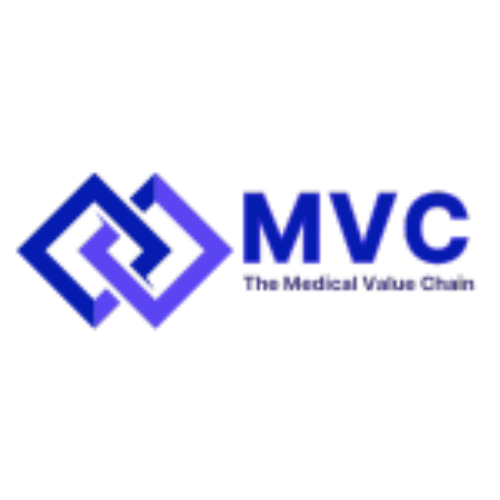
Medical Value Chain (MVC)
Medical Value Chain (MVC) is a Bahrain-based subsidiary of AVC Global. It provides a track-and-trace platform for pharmaceutical supply chains to ensure regulatory compliance and combat counterfeit drugs. MVC's innovative financial model is funded by the pharmaceutical industry, meaning there is no cost to governments or citizens.
MVC's core product is the SmartPass, a platform built on a dual-blockchain architecture that integrates with GS1 global serialisation standards. This technology creates a transparent and immutable record of pharmaceutical products as they move through the supply chain, from manufacturer to consumer. SmartPass is designed to provide "absolute transparency," protecting against counterfeit medications, improving supply chain efficiency, and reducing fraud. A key component of this system is the OneScan feature, which allows for the verification of product authenticity.
The company utilises the Hedera Consensus Service (HCS) to create a verifiable and auditable log of all supply chain events. This "dual immutable distributed ledger technology" provides a high level of security and transparency, ensuring the integrity of the data.
Project Information
Related Projects

Power Transition is a UK-based clean technology company founded in 2018. Its focus is on accelerating the global shift to a zero-carbon economy by providing a smart software platform that optimizes and decentralizes energy systems.
The core of Power Transition's service is its Digital Energy Platform, a revolutionary energy resource management system that uses distributed ledger technology (DLT) to enable the tokenization of energy. This platform provides a common language for energy transactions and trading, allowing millions of devices, from electric vehicles to smart home appliances, to become active participants in the energy system. Key services include Smart MicroGrid Services, which enable peer-to-peer energy trading within a community, and Electric Vehicle Integration Services, which provide a single point of billing and data validation for EV fleet operators.
Power Transition's entire platform is built on the Hedera network. It leverages the Hedera Token Service (HTS) and the Hedera Consensus Service (HCS), Power Transition to tokenize and energy use, providing a transparent and auditable record of all transactions.

Upbit is cryptocurrency exchange based in South Korea with offices in Singapore, Indonesia, and Thailand. It is operated by Dunamu, a leading South Korean fintech company and is one of the the largest exchanges by trading volume on the Hedera network and in the south Asian market where it plays a crucial role in providing liquidity and accessibility for the Hedera blockchain network. Upbit is a primary on-ramp for the Hedera native cryptocurrency token, HBAR, through its secure, high-volume mobile apps offering real-time trading, diverse asset support, and robust security, especially in the South Korean cryptocurrency markets.
Upbit is known for its strong emphasis on security and regulatory compliance within South Korea's stringent framework. They have obtained numerous security certifications, including Personal Information and Information Security Management System (ISMS-P) and International Organization for Standardization / International Electrotechnical Commission (IOS/IEC), and employ advanced AI-driven fraud detection systems operated by dedicated anti-money laundering teams.

Twigital is a decentralized application (dApp) that enables users to create tokenized digital twins of physical objects. These digital twins are represented as 3D objects, which can be minted as non-fungible tokens (NFTs) on the Hedera network. The platform allows users to memorialize objects in the Web3 space.
The Twigital mobile application is available on iOS where it uses photogrammetry to capture real-world objects. Users can generate 3D models of objects from photographs. The app guides users through this process with detailed instructions and, once created, these 3D models can be minted as NFTs.
A key feature of Twigital is its integration with the Hedera network. Users connect their Hedera wallets to manage digital assets. This enables easy valuation, trading, and viewing of NFT details. The assets created are content-addressed using interplanetary file system(IPFS), providing unique identification for each digital twin. These unique twins can then be linked to minted NFTs. Twigital covers the transaction fees for creating these NFTs, which are factored into the cost of using the service.

Coming soon..
